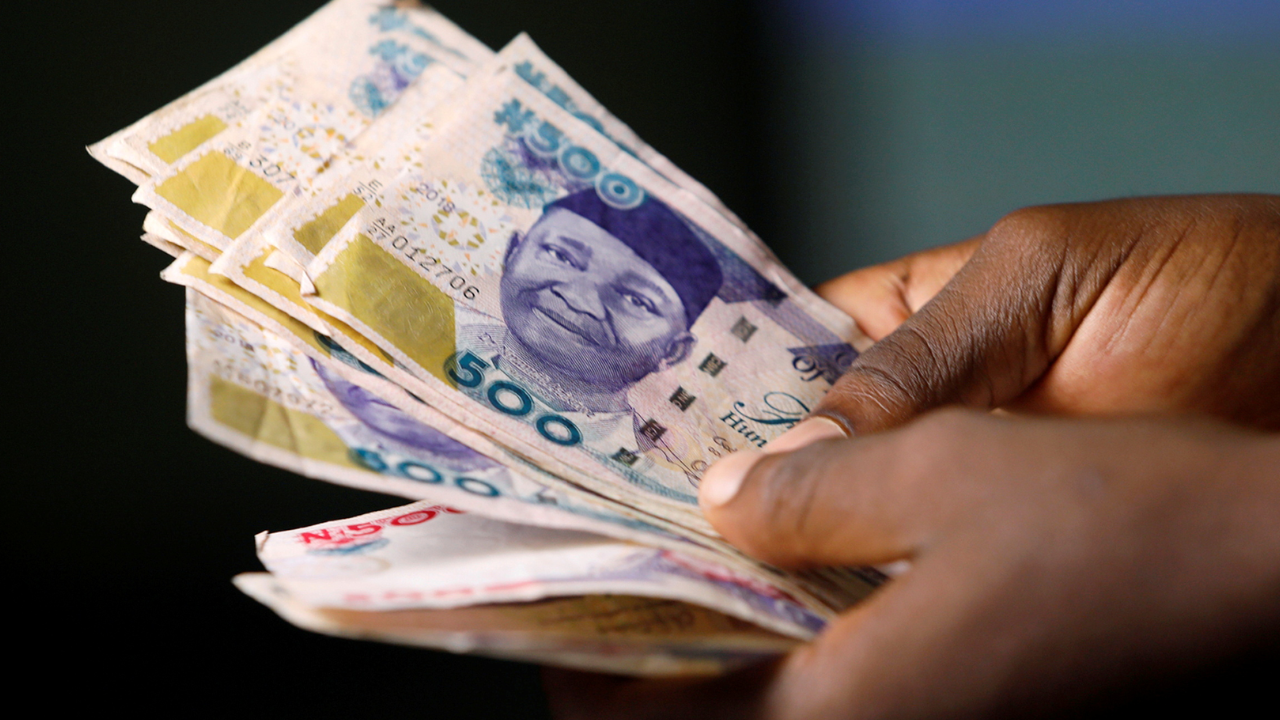
The International Monetary Fund (IMF) has emphasised the need for the Nigerian government to prioritise the full implementation of its cash transfer program to aid vulnerable households.
This step is crucial before the government takes on the task of revaluating the costly fuel and electricity subsidies.
According to the IMF, the established social safety net programme, designed to disburse cash transfers to the poor and vulnerable, needs to be operational to its fullest capacity. This approach ensures that the economically vulnerable segments of the population remain shielded as the government contemplates adjustments to the existing fuel and electricity subsidy framework.
This recommendation emerged in the backdrop of concerns raised by the IMF over the fiscal burdens emanating from the current practice of subsidising fuel and electricity in a statement following a recent visit by an IMF team led by Axel Schimmelpfennig, the IMF mission chief for Nigeria.
According to the statement, the continuation of capping fuel pump prices and electricity tariffs below their recovery costs could lead Nigeria to incur fiscal costs of up to 3% of its Gross Domestic Product (GDP) in 2024.
This visit, part of the 2024 Article IV Consultations, saw the team engage in discussions with key Nigerian officials in Lagos and Abuja from February 12 to February 23, 2024.
The statement read partly:
- “Recent improvements in revenue collection and oil production are encouraging. Nigeria’s low revenue mobilization constrains the government’s ability to respond to shocks and to promote long-term development.
- “Non-oil revenue collection improved by 0.8% of GDP in 2023, helped by naira depreciation. Oil production reached 1.65 million barrels per day in January as the result of enhanced security. The capping of fuel pump prices and electricity tariffs below cost recovery could have a fiscal cost of up to 3% of GDP in 2024.
- “The recently approved targeted social safety net program that will provide cash transfers to vulnerable households needs to be fully implemented before the government can address costly, implicit fuel and electricity subsidies in a manner that will ensure low-income households are protected.”
3.2% GDP growth in 2024
The IMF notes that despite Nigeria’s economy showing signs of growth in the fourth quarter of 2023, with a GDP growth of 2.8%, this growth barely keeps pace with population dynamics.
The Fund further projects an improvement in GDP growth to 3.2% in 2024, supported by increased oil production and anticipated better harvests. However, challenges such as high inflation, a weakening naira, and the need for tighter monetary policies are expected to pose significant headwinds.
On food security and social protection
During its visit, the IMF team praised the Nigerian government’s efforts in addressing food insecurity, which affects approximately 8% of the population.
The team also acknowledged the approval of a targeted social safety net programme intended to provide cash transfers to vulnerable households. This initiative, coupled with improvements in revenue collection and oil production, is seen as a positive step towards stabilising the economy.
However, the IMF emphasised the urgent need for Nigeria to address the financial implications of fuel and electricity subsidies. The Fund suggested that before tackling these costly subsidies, the recently approved social safety net program must be fully implemented to protect low-income households effectively.
On MPR
The IMF also applauded the decision of the Monetary Policy Committee (MPC) to tighten monetary policy further by increasing the policy rate by 400 basis points to 22.75%.
This move, aimed at containing inflation, which had hit 29.9% year-on-year in January 2024, and alleviating pressure on the naira, represents a total tightening of 1,025 basis points since May 2022.
More Insights
- The elimination of fuel subsidies and other recent policies have had a disproportionate impact on Nigeria’s poor and vulnerable, who stand to benefit greatly from a monthly cash transfer system.
- The World Bank earlier said that cash transfers can help save Nigerians from intergenerational poverty traps as inflation and low economic growth adversely affect the poor.
- President Bola Tinubu launched a social safety net programme last year that will distribute N25,000 to 15 million homes for three months in observance of the 2023 International Day for the Eradication of Poverty.
- The Federal Ministry of Humanitarian Affairs and Poverty Alleviation is tasked with carrying out the $800 million World Bank loan project.
- However, the Federal Government had to suspend the cash transfer programme for further investigation and revamping following alleged misappropriations within the programme.
- Betta Edu was earlier suspended as a humanitarian affairs minister due to the misappropriation of N585 million earmarked for palliative distribution.
- Also, Edu’s predecessor, Sadiya Umar-Farouq, is being investigated by the EFCC. The ex-minister is being probed over an alleged laundering of N37.1 billion during her tenure as a minister.
- The Federal Government recently said that it has revamped its cash transfer programme to combat fraud, with immediate implementation of direct payments.
